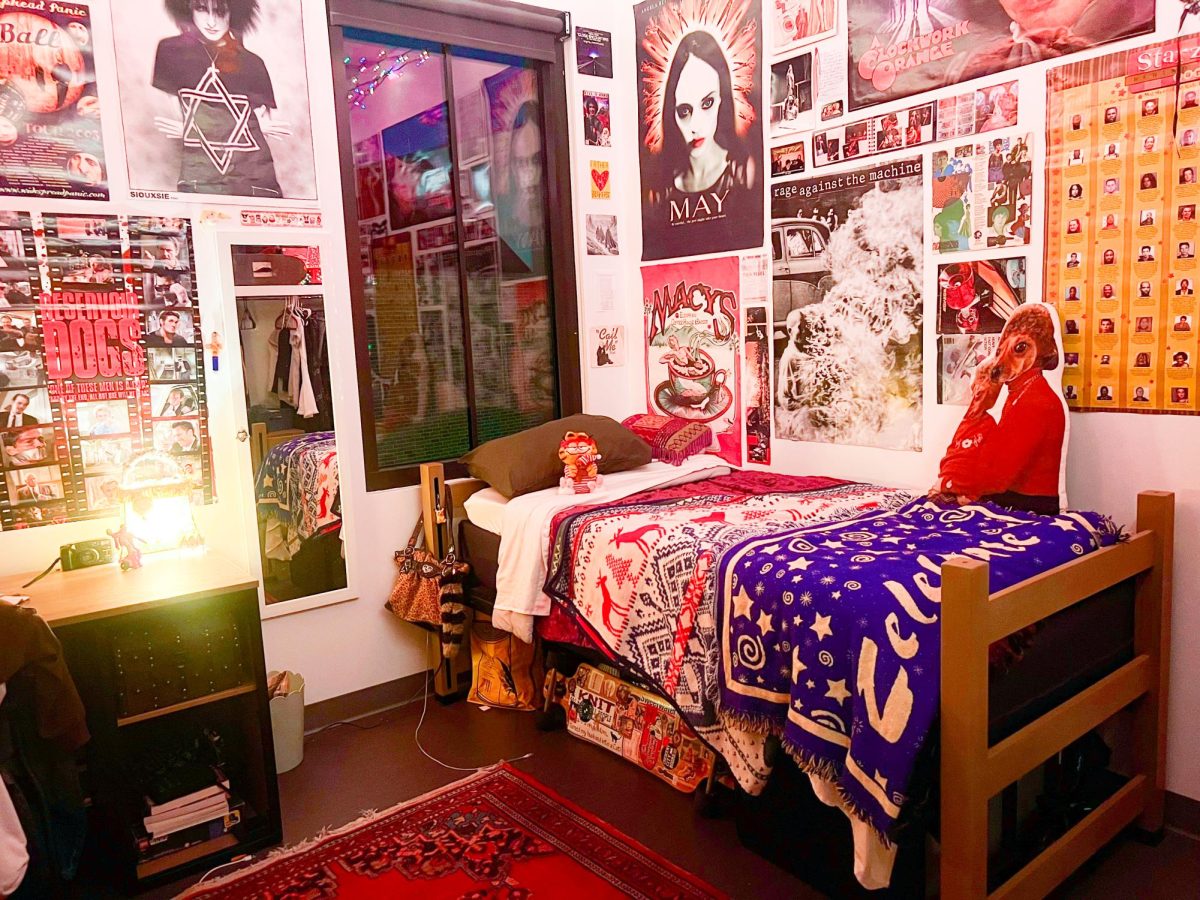Being alone and independent in college can be both exciting and daunting, but when there is also the daily stress of battling a mental health issue such as depression, life on campus can be a continuous struggle.
Depression and anxiety are the two most commonly reported mental health issues at Loyola. This is also true for other universities across the nation. Courtney Knowles, executive director of the Jed Foundation, which works to decrease emotional distress and prevent suicide, said in an online statement that “the average onset for many mental health conditions is the typical college age range of 18 to 24 years old.”
While many individuals deal with depression everyday, college students account for a considerable portion of those affected. Tiffany McCaughey, Ph.D., the assistant director at the Loyola University Counseling Center, said, “There has been a significant increase of depression within the last decade.”
Chelsea Stamm, psychology freshman, said, “There is no doubt in my mind that there is a significant percentage of students suffering from depression on campus.”
Depression is a mental health issue that proves to be a continuous struggle. Dustin Lindberg, general studies freshman, said, “I’m aware that it is a very big problem, and I know people who deal with it on a daily basis.”
Christine Johnson, music education freshman, said she believes “college is a time when a lot of people experience depression, as you are far from home and independent for the first time.”
A music education freshman, who asked not to be named due to the sensitivity of the issue, reported that depression affects his relationships, schoolwork and social life.
Although he has suffered with depression for most of his life, living on a college campus turned out to be harder than expected.
“I don’t know anyone on campus with depression,” he said. He also explained that he feels self-conscious about his condition, especially since he is living so closely with his friends. “My roommate doesn’t even know,” he said.
According to Knowles, this is a common stigma and remains the most significant barrier to seeking treatment.
Andy Allain, chemistry sophomore said, “There are a lot of people on campus who have depression, but it’s hard to notice because people hide it well, even from close friends.”
Margarita Tartakovsky, an associate editor at Psych Central, the biggest independent psychology network on the Internet, believes that concerns over confidentiality and fear that accepting their struggling will mean they can’t lead a productive life scare some students away from treatment. Such concerns cause students to keep reinforcing the stigma and making life far more difficult than it needs to be.
For students struggling with depression, it is important to realize that they are not alone, and depression on a college campus is more common than many may think.
One option is to seek help from the University Counseling Center, which is located on the second floor of the Danna Center. Talking to a trusted professor, friends or even University Ministry can also be a good first step to help alleviate stress and struggles associated with depression.
Kate Trotter can be reached at krtrotte@loyno.edu
Kristi-Marie Weston can be reached at kmweston@loyno.edu













